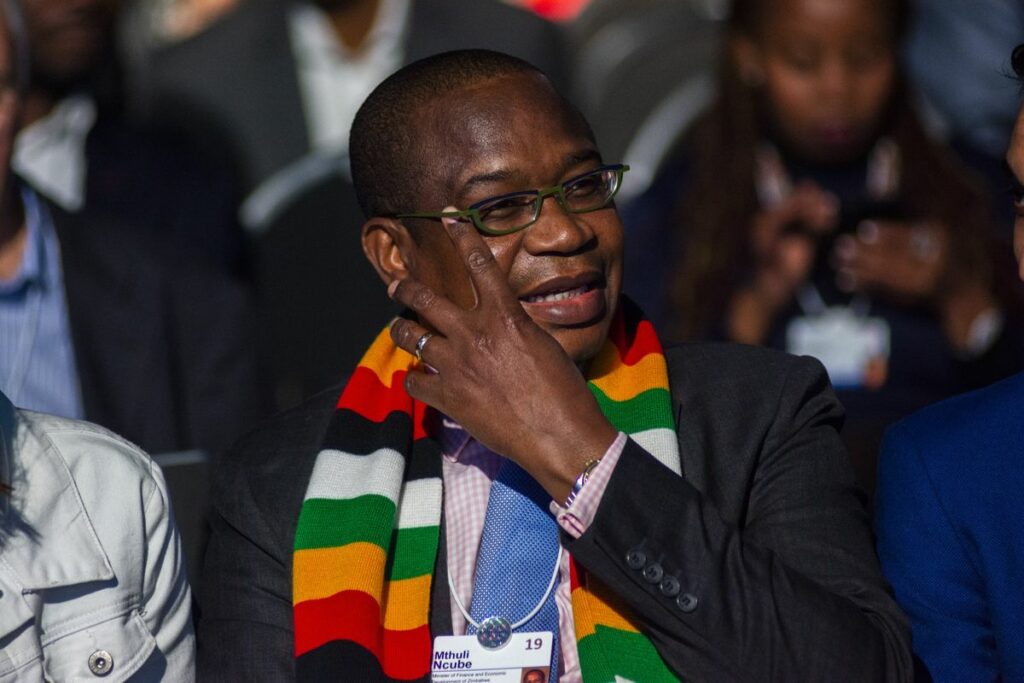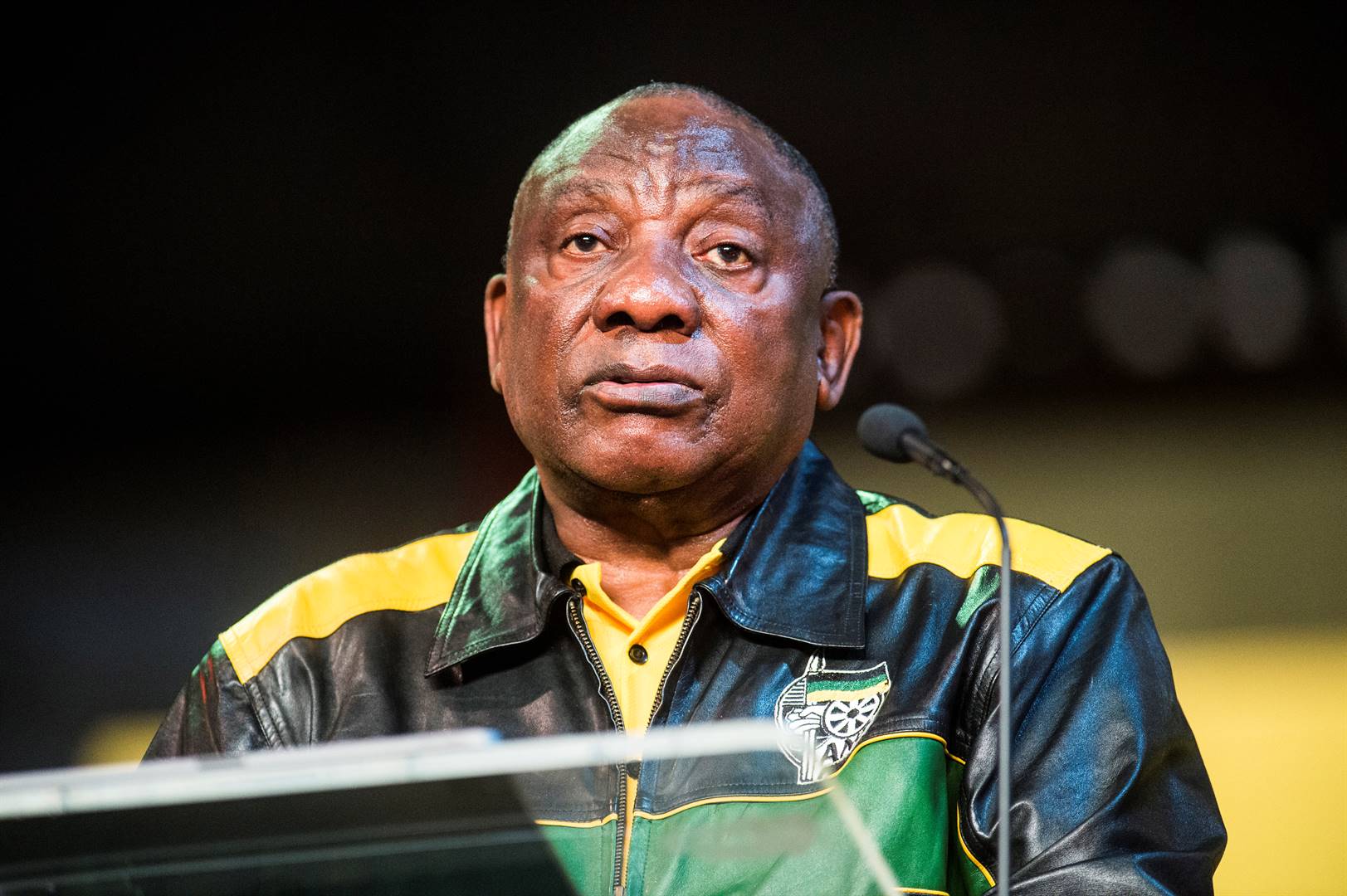Inflation, currency slide: Mthuli’s nightmare

Finance Minister, Mthuli Ncube must go
Finance and Economic Development Minister Professor Mthuli Ncube is worried about economic storms ahead, with high and sustained exchange rate depreciation and skyrocketing inflation posing the greatest risk to growth next year.
While Prof Ncube has projected a positive trajectory next year, with the economy expected to grow by 5 percent and year-end inflation rate of 100,7 percent, he has signalled a bad feeling about the outlook, citing both external and domestic shocks.
Prof Ncube projected the economy to rebound in 2023 helped by strong mineral prices but warned that inflation, a currency slide and climate change-induced drought are among factors that could cloud the outlook.
“The projected positive economic growth trajectory and attendant revenue and expenditure forecasts are subject to domestic and external risks, which, if they materialise, could significantly undermine achievement of the 2023 budget objectives,” said Prof Ncube in a budget strategy paper for next year.
“That could potentially knock down economic growth by between 2 percent and 3 percent, with implications on revenue collection and the budget deficit target,” he added.
Prof Ncube said the Ukraine-Russia conflict — if protracted — could impact on global growth, further disrupt supply chains and sustain increased commodity price increases, with adverse implications on domestic inflation and economic growth.

He said fuel and food prices may worsen the country’s external position and exchange rate. “For every one percent increase in global food prices, the pass-through effect into the domestic inflation ranges from 0,1 percent to 0,6 percent depending on the local food supply situation,” said Prof Ncube.
The adverse impact of climate change would negatively impact agricultural output, and the Government needed to implement programmes meant to build resilience of the economy, he added. “The evolving economic situation, characterised by rising inflation and widening exchange rate is increasing the risk of real tax erosion,” said Prof Ncube.
“As inflation continues, economic agents develop a tendency of delaying paying taxes to take advantage of loss in the real value, with indications showing that for every 1 percent increase in inflation real revenue collection is reduced by 0,05 percent,” said Ncube.
Dollarisation, he said, coupled with high informality will continue to shrink the taxable base, with most transactions going underground where most activities are cash-based.
The regular review of civil servants’ wages and salaries, in line with the rising costs of living, coupled with growing pressures to pay salaries in foreign currency may become unsustainable and compromise the flexibility of the budget, he said.
“This is against pressure to also allow most taxes to be levied in local currency. If this is not contained, the Government will face serious US dollar cash flow demands,” said Professor Ncube.
In addition, the rising infrastructure costs due to global inflation may push the cost up and this may require existing contracts to be re-evaluated or re-negotiated.

“The proposed strategies and priorities for 2023 will need to take into account, the prevailing global and domestic economic environment, risks to the outlook and the attendant emerging issues such as the 2023 electoral processes,” said Prof Ncube.
For the first time since being appointed the Finance Minister in 2018, Prof Ncube proposed a supplementary budget almost equal to the current national purse, to cover rising costs resulting from a currency slide and soaring inflation.
Revenue collections for 2022 are now projected at $1,7 trillion while expenditures are now estimated at $1,9 trillion to allow completion of originally budgeted programmes and projects.
This is against the approved Budget of $968,3 billion, entailing additional spending of $929 billion. Prof Ncube said fiscal developments during the first half of 2022, characterised by increasing revenues and expenditure pressures have forced the Government to come up with an extra budget.
Prof Ncube also revised the projected GDP growth to 4,6 percent, from 5,5 percent on the back of higher inflation and exchange rate depreciation. Annual inflation rate could end the year at 166 percent, from an earlier estimate of between 25 and 35 percent.







